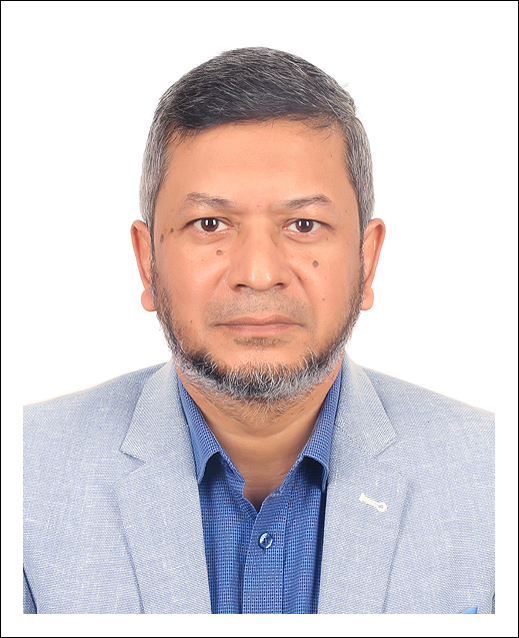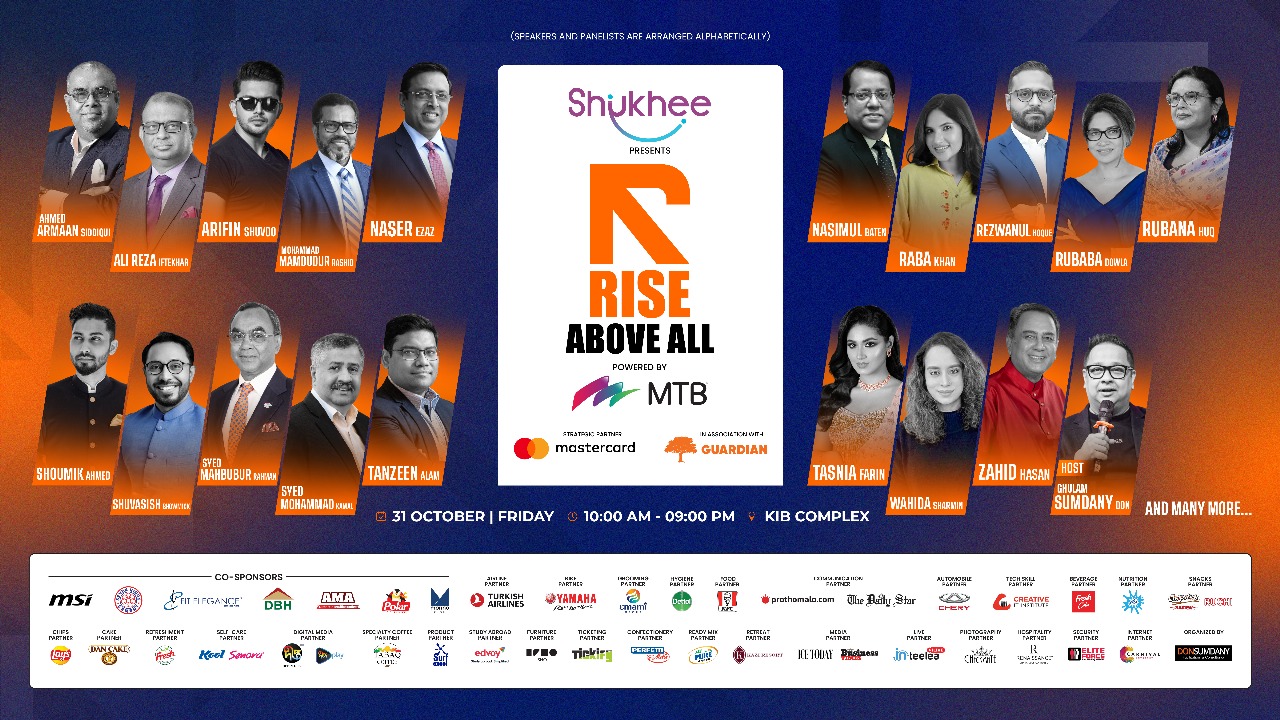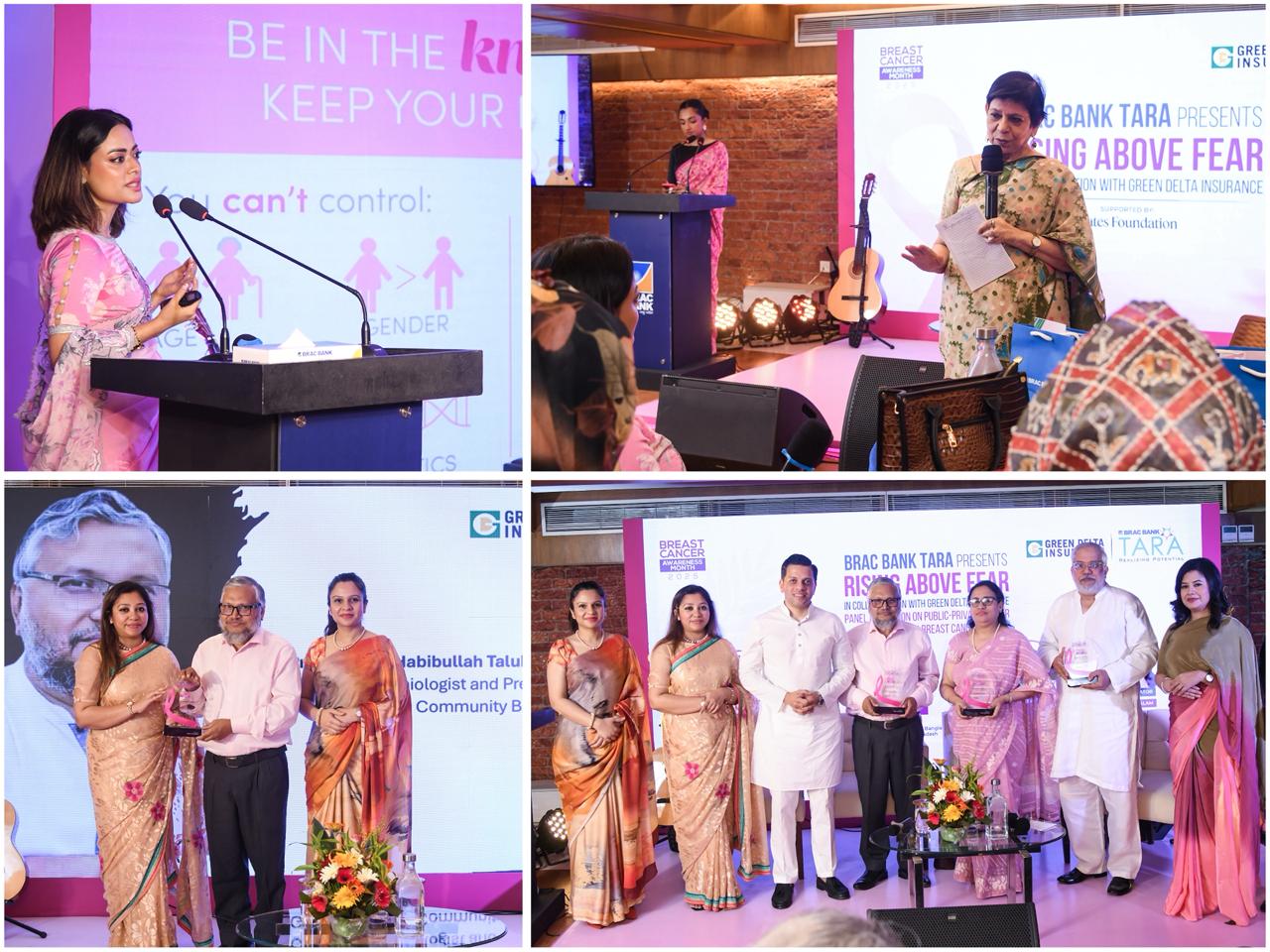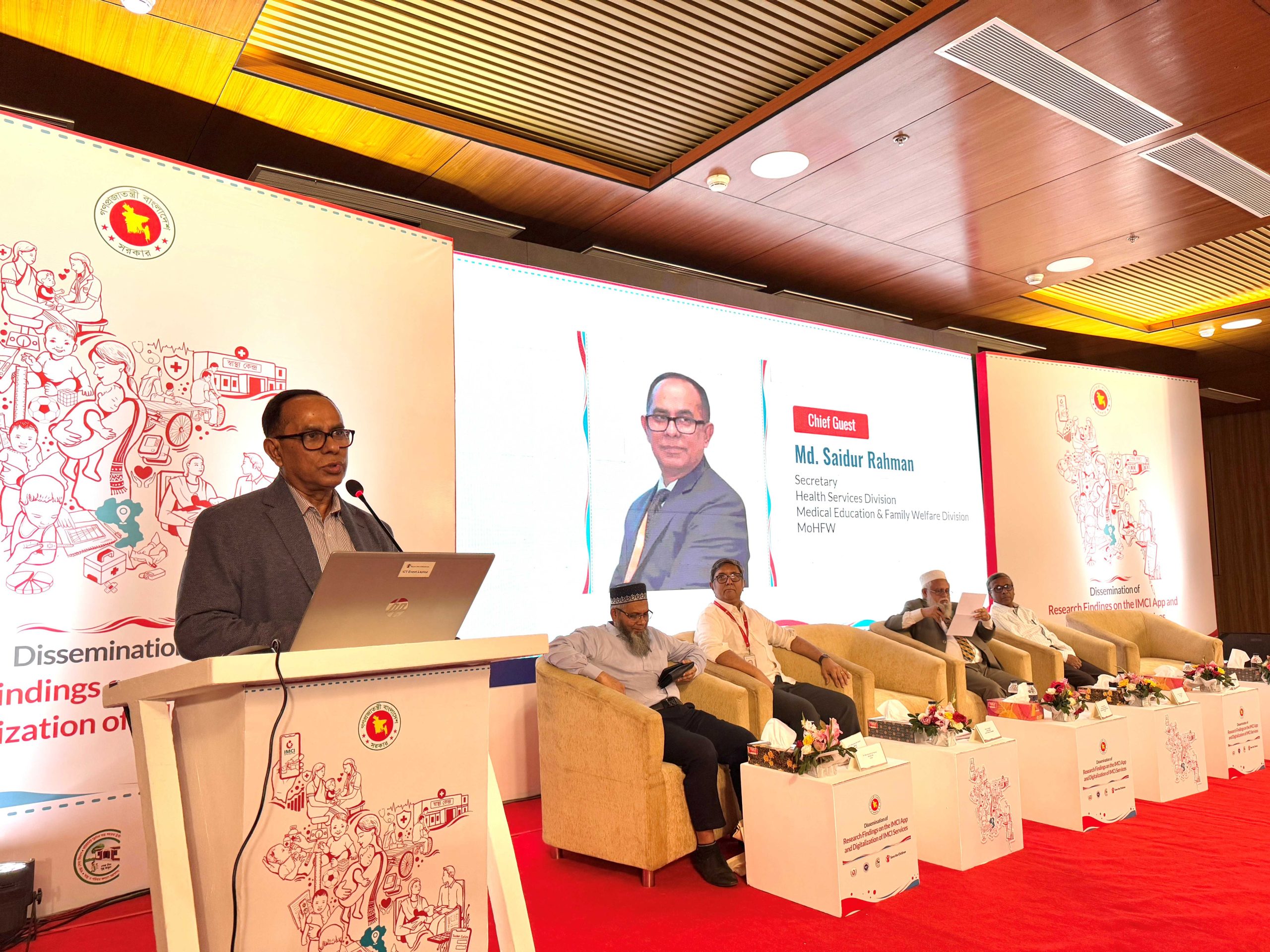Tasmiah Rahman, Associate Director of Skills Development Program BRAC explains the obstacles faced by the nation in evolving technical skills and the progressive approach needed to tackle them.
What do you perceive as the most significant challenges facing youth skills development in Bangladesh today?
People’s perception of technical jobs is perhaps the biggest challenge. The youth and their parents do not perceive skills development as a viable option to invest in and work in a technical field. These jobs are looked down upon and considered inferior. Someone who completed their TVET and is working with refrigerators and air conditioners, or in the hospitality sector, are assumed to have gone for it because they were either dropouts, or did not come from a good background. We see this all the time.
There is also a lack of quality training and access to training. The poor condition and state of polytechnic universities show this very well. Not only do they not come close to what national universities look like, but they do not have qualified trainers or good equipment that could excite the youth to invest their time in TVET. The curricula are not updated based on real market demand, and the trainers do not have enough market linkage and savviness to know what skills TVET students need. To add to that, while access to primary education is now universal, access to TVET is only 30%.
How can we make skills and Technical and Vocational Education and Training (TVET) lucrative?
We need a systemic change. We also need investments from the government and the private sector. The government is already investing a lot in TVET. The National Skills Development Authority (NSDA) is highly active now and sits under the Prime Minister’s Office. The NSDA has a fund called the National Human Resource Development Fund under the Ministry of Finance that supports Training Service Providers to give free training courses.
Everyone in our society has a role to play in building this sector. Step by step, we have to get good quality trainers, upgrade our facilities, create more job opportunities, create more role models, and communicate, on a national level, that TVET is respectable and that it is a viable future for the youth to invest in, in order to change people’s perception about TVET.
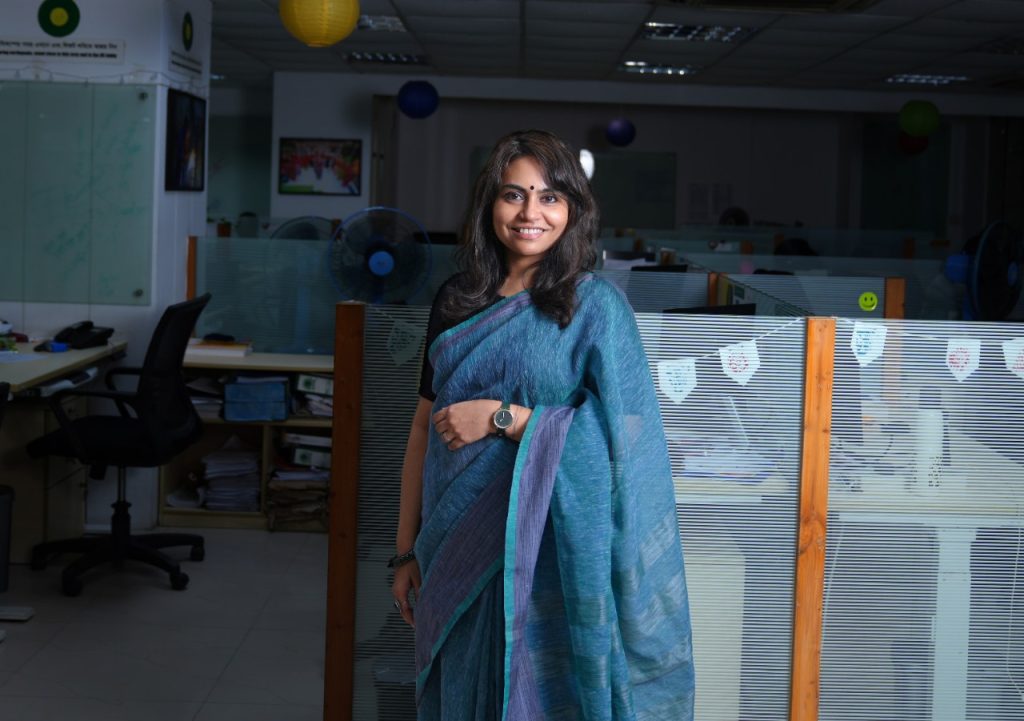
Associate Director
Skills Development Program
BRAC
What role do you believe policymakers should play in promoting youth skills development in Bangladesh?
Policymakers should work to get the private sector into the TVET conversation. The private sector has communicated several times that there is a lack of skilled manpower but has it done enough to address this? While some may say that it’s the government’s job, the government can only create an enabling environment. Have large private organisations in telecommunication, construction, and the garment industry, to name a few, shown an interest in investing in people to create the next generation of workers?
At BRAC, we have a small initiative that we started in 2021 called ‘Career Hub’, where we give job readiness training to national and public university students as they are the most unemployed in the country. We started working with a few private organisations and sent graduates who completed the program. But, if out of ten, five were employable, the organisations voiced frustration that the graduates were still not good enough, without outlining what the shortcomings were. However, this is a continuous process and building it will take time, but, most private organisations lack that patience.
How do you think the job market can grow?
I think certain jobs, like those in the care sector, which are still highly informal in nature must be formalised. Our culture has made it normal to build informal relationships with those under our employment. For instance, we often ask our personal drivers or our security guards to do the groceries for the house, but you’d never ask your Uber driver to do that. This is because the Uber driver and you have a formal agreement on what his job is, as opposed to your driver whom you see more as a family person, but inadvertently end up exploiting them.
If you’re hiring someone from the caregiving industry through formal channels, then you’d have to sign a contract where their tasks and responsibilities would be outlined and a company would be directly involved to ensure you’re receiving the services you’re paying for. If a caregiver is absent, then the company would send a substitute for the day, or rotate caregivers on a regular basis, making the process part of a system, and the caregivers would be looked at professionally, and not exploited.
We are in this transition period right now. Soon, our mindset, attitude, and behaviour towards workers will improve, and professional practices will be adopted in Bangladesh. The next generation will embrace this change.
We need long-term, specific message-driven campaigns that make skills look attractive, and role models like successful entrepreneurs who have made a good living out of their technical skills for the youth to look up to.
What strategic initiatives has BRAC’s Skills Development Program (SDP) implemented to enhance youth skills development?
We think skills development is one sector only. What we need is an ecosystem approach to education and skills building. So, at BRAC, we have a Human Development Cluster that has been formed for the last 2 years where secondary education will be linked to skills, especially for developing digital skills. Secondary schools should have digital labs so that children can learn to code and have teachers who can help them learn and enhance those skills. BRAC also has a Migration Programme through which we can send people abroad legally and ethically.
Our work is focused on addressing the issues of the entire ecosystem. If you really want to develop human capital then there are no shortcuts. It has to start at the school level, and then continue at TVET institutions. We are seeing more people recognising this and they’re investing in their future here, spending 6 to 8 months in our training programs, and enrolling in our courses.
Looking ahead, what are the key priorities that BRAC’s SDP plans to adopt to further improve youth employability and entrepreneurship in Bangladesh?
Digital literacy and encouraging women to join the TVET sector are our priorities right now. We want to create more access to digital literacy, starting from the very basics, going all the way up to web development, graphic design and digital marketing. We also want to work with the government at a systems level, and share our learnings with them. We recently signed a very strong MoU with the National Skills Development Authority so that information and findings from one project flow into another. There are multiple ongoing government projects and the NSDA is trying to bring all the findings under one umbrella, which is a very good start, and we want to work more with the government to pave this pathway better for young people.
Photograph by Najmul Haque Sagor










